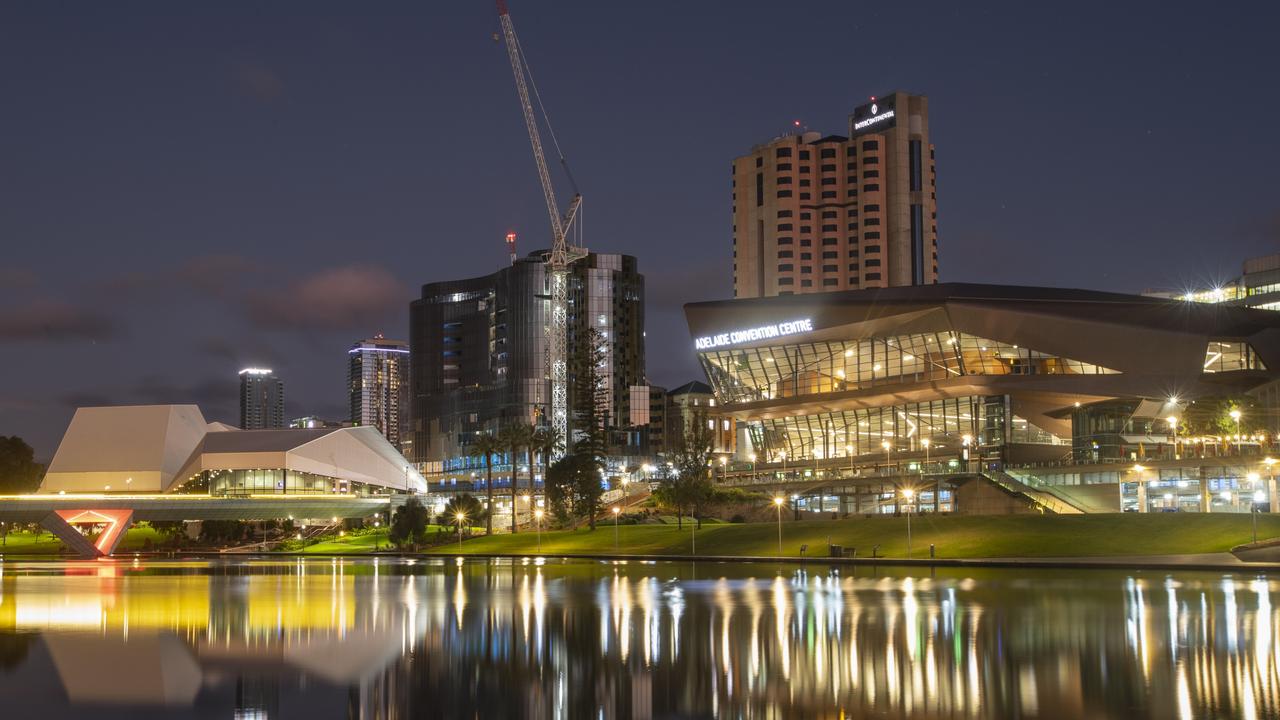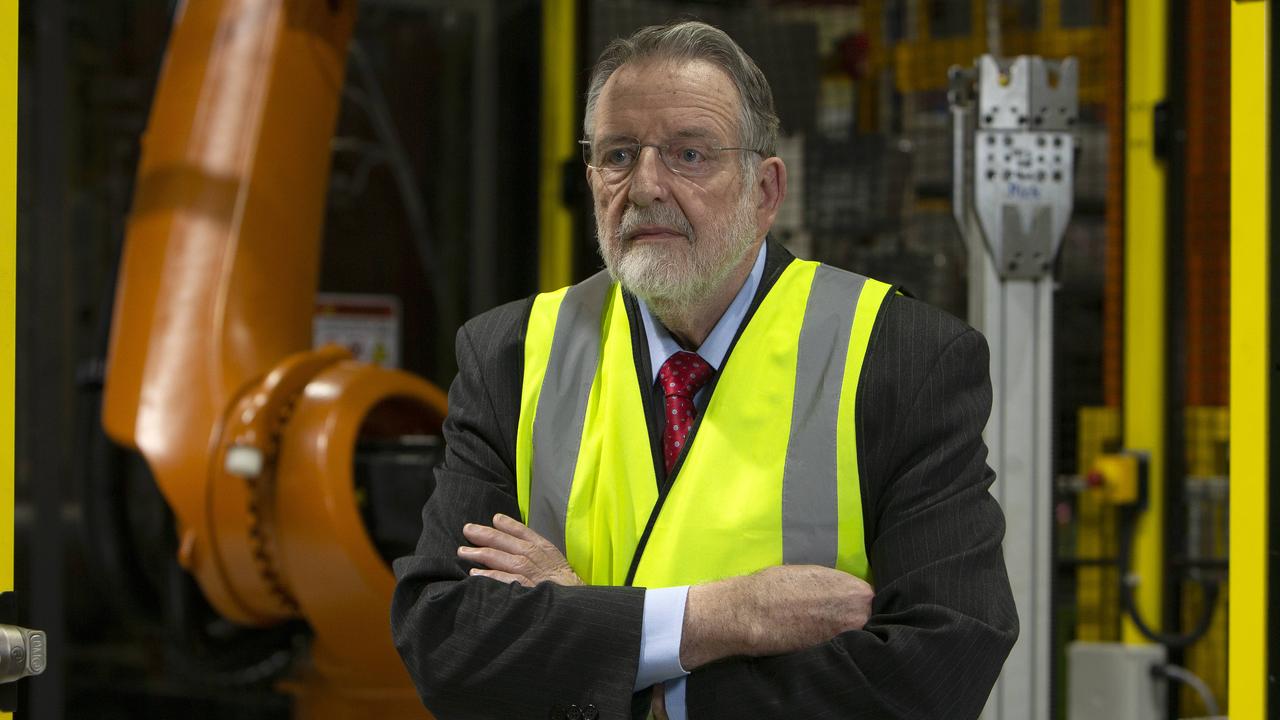A new report reveals China-backed developers are behind the Adelaide apartment boom
CLOSE to 30 per cent of CBD apartments under construction in Adelaide are being developed by Chinese interests, according to an industry report, with that figure expected to grow as offshore investors circle the Adelaide market.

SA Business
Don't miss out on the headlines from SA Business. Followed categories will be added to My News.
ALMOST 30 per cent of CBD apartments under construction in Adelaide are being developed by Chinese interests, an industry report says, with that figure expected to grow as offshore developers circle the Adelaide market.
The report from property group Colliers International and the Australia China Business Council reveals more than 1600 apartments are under construction in the CBD with an additional 2000 at various stages of the approval process.
The three-year pipeline exceeds the number of apartments built in the past eight years.
Titled A Mutual Pathway for Growth, the report says Chinese capital is behind about 28 per cent of the current pipeline, which has been spurred by recent planning and stamp duty changes.
“Looking at the source of capital for the development pipeline for these projects we are starting to see more developers with Chinese interests develop apartment product in the Adelaide CBD,” the report says.
“Over the last five years development site sales to Chinese interests have increased in number but not all of the projects proposed for these sites have proceeded to construction.
“This is a reasonably new trend given over the last 10 years most developers of Adelaide apartments have been local Adelaide developers.”
The report identifies eight key drivers behind the wave of Chinese capital including relative affordability of the Adelaide market compared to the eastern states, lower transaction costs, a supportive regulatory environment, lifestyle and stability of the market.
It says the benefits of Chinese investment are “overwhelmingly positive”, pointing to the economic growth impact, jobs creation, added vibrancy and population growth and diversity.
“While a growing number of Chinese investors clearly understand the benefits of investing and owning property in South Australia, we cannot afford to be a world-class secret,” Colliers state chief executive James Young said.
“Proposed investment from China into SA’s property sector has occasionally been viewed locally with caution and even maligned as hurting SA’s key interests.
“Some pockets of public sentiment have even been bordering on xenophobic when it comes to the purchasing of SA property by Chinese buyers.
“Yet, as SA’s economy undergoes transition, the injection of international investment capital should be seen as a positive sign and an important way for SA to soften the blow during the state’s economic transition.
“The state needs to continue promoting Adelaide to Chinese property developers, and despite occasional differences in business practices or understandings, SA should provide high levels of support to those developers who have already invested into the state.”
Adelaide is the fourth most viewed Australian city by Chinese buyers on real estate website Juwai.com, the report says, trailing Melbourne, Sydney and Brisbane.
The biggest China-backed development currently under construction in Adelaide is Greaton’s $300 million West Franklin project at the former Balfours site near the western end of the CBD.
The project will deliver 560 apartments over two stages, creating an estimated 1350 construction jobs and adding 1000 people to the CBD population.
Meanwhile, construction of 257 apartments at Datong’s U2 project on Waymouth St ground to a halt earlier this month after builder Built Environs walked off the job and terminated its contract over unpaid bills.
However, Mr Young remains bullish about future investment from China into Adelaide’s property market.
“We predict that Chinese participation in property sectors outside of the residential market will gain momentum with greater education about the specific nature of asset classes such as education, agribusiness, hotel, office, retail, industrial and healthcare and retirement living,” Mr Young said.



